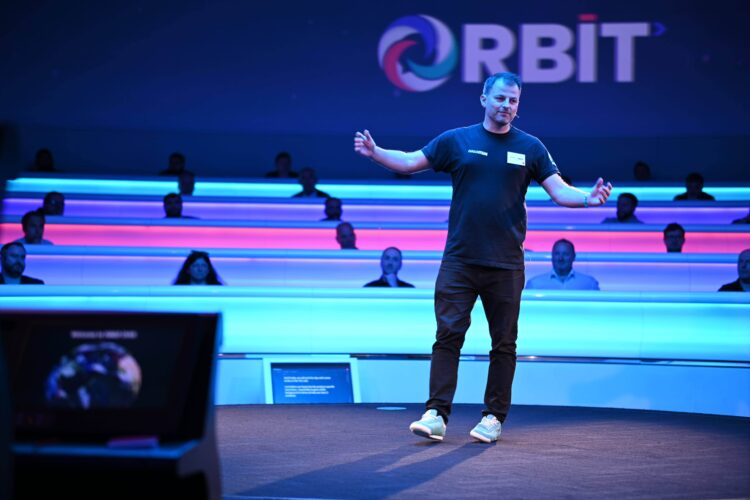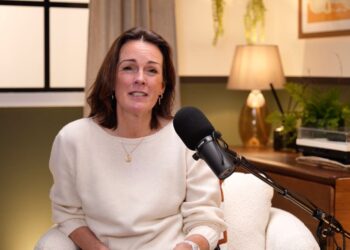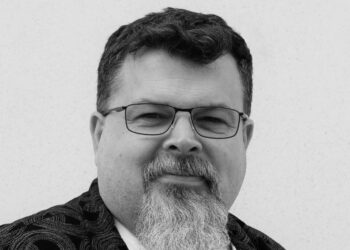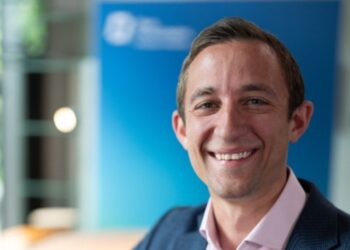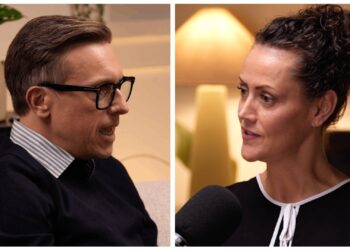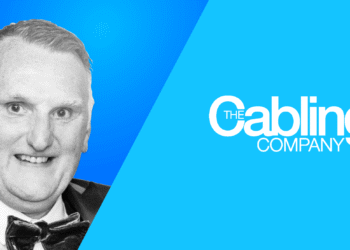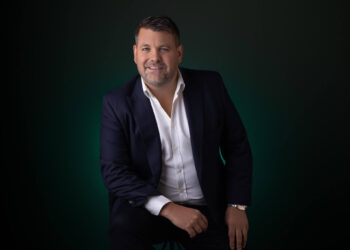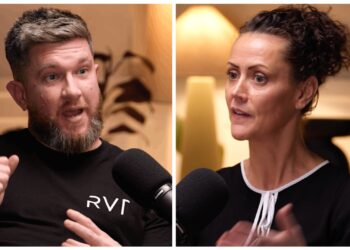The Co-founder and CEO of HALO “hates wastage”, has “never been interested in the money” and is working towards directing 10% of all its revenues to corporate social responsibility causes via a foundation.
With revenues last year of $100m and a market value of $2bn, HALO is now the UK’s second largest software vendor behind only Sage.
But its message to customers – and the channel – is that it’s going nowhere.
In June 2023, the ITSM, PSA and CRM specialist made the headlines when it began guaranteeing customers it would not sell up on a rolling ten-year basis.
Talking to IT Channel Oxygen, HALO CEO Paul Hamilton characterised the Suffolk-based outfit as the antithesis of the enterprise software vendor goliaths it is seeking to one day overthrow.
This includes the likes of ServiceNow, BMC and Salesforce, which it claims to undercut by two-thirds while still running an incredibly profitable business model.
“I’m quite unusual. I’m very technical but I also enjoy the people and culture challenges of scaling a business – like how you get 200 people to work effectively and productively together,” Hamilton said.
“A lot of tech founders can’t handle the people side, so they end up selling out quite early.
“But I’ve just never been interested in the money. What would I do with a few million quid?
“The actual problem-solving bit is worth way more to me – hence the never selling out and ten-year guarantee.”
“I have no reason to believe this can’t go to the hundreds of billions”
HALO’s roots can be tracked back to the early 2000s, when Hamilton’s fellow co-founder, the now retired “genius programmer” Alan Rogerson, began writing software while working for a Scottish council.
“After taking a back seat and retiring several years ago very few people have met him,” Hamilton said.
“He’s only been to the office twice in ten years, but I speak with him every week.”
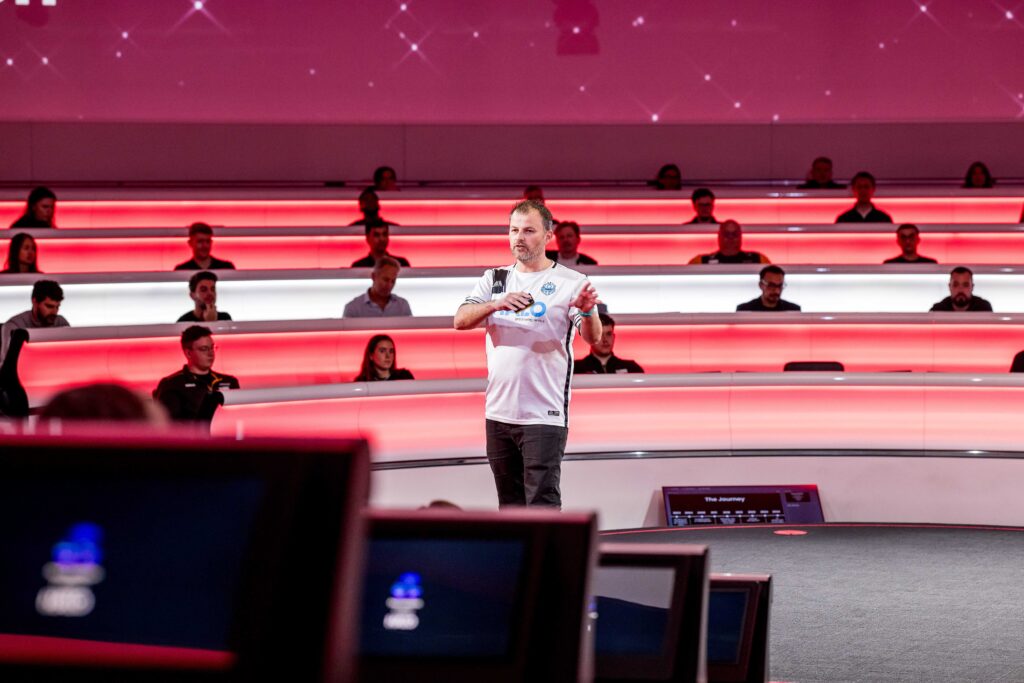
After Rogerson taught Hamilton to program in the early noughties, the duo – then effectively a two-man IT support outfit – began developing a ticketing system in the background to help clients.
Having commercialised that ticketing system in around 2008-09, by 2010 the side hustle was making £60,000 a year – prompting the duo to throw in their lot behind it.
“I got us ranked number-one globally on Google for the phrase ‘helpdesk software’. So we were getting enquiries from all over the world,” Hamilton reflected.
“I flew to Kigali in Rwanda to implement the Commercial Bank of Rwanda. I was going to all these weird and whacky places – anywhere where they didn’t have the budget for marquee systems.”
Nethelpdesk – as it was then known – initially expanded slowly, adding employee number three in 2011, employee number four in 2012, and two more employees in each of 2013 and 2014.
It wasn’t until 2017/18 that it rebranded as HALO.
“We were starting to win some unbelievable deals. It shocked us how quickly we began to have a technology advantage,” Hamilton recalled.
“People loved working with us, and it just became clear there was something very serious going on in terms of the business’ potential. That’s when we thought: ‘let’s do it properly’.
Hamilton said he “hates any wastage at all”, with HALO only hiring staff based on pre-existing demand. Some 95% of its 200+ employees are graduates, and all its sales staff are consultants who “know the platform inside out from a technical point of view”.
Its “lean” structure means HALO’s cost base is “less than 1%” of its competition, enabling it to charge much less, Hamilton claimed.
“You can have exactly the same solution as what Salesforce and ServiceNow gives you, but the TCO is about 25%. On licenses alone it’s between a third and 50%,” he said.
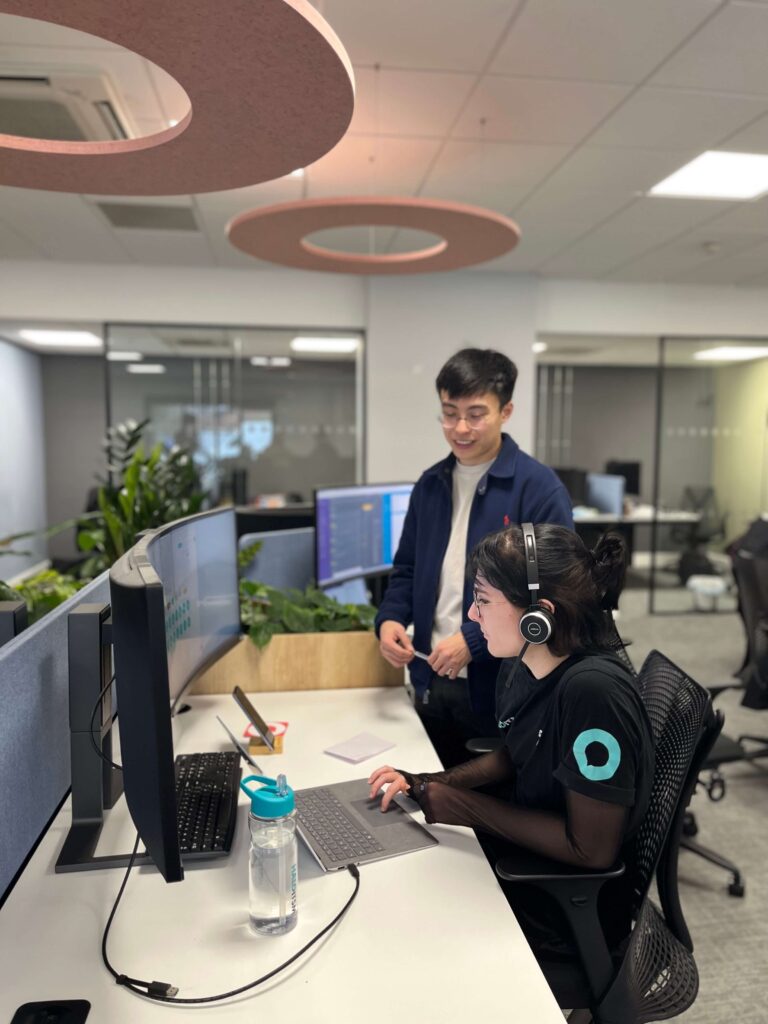
Having now resolved to move more into the enterprise space via the channel (see more here), HALO’s market value could one day rival that of ServiceNow ($160bn), Salesforce ($250bn) and Workday ($60bn), Hamilton predicted.
“ServiceNow, Salesforce, Workday – we can do all this stuff,” he said.
Neither Hamilton nor Rogerson are “particularly materialistic”, with the latter still living in a £80,000 house in Thailand and only flying business class for the first time last year.
“I don’t want £100m yachts, or anything like that. I like the challenge of just seeing how far we can go with this, and of working with people and growing a team,” Hamilton said.
“My dream in an ideal world is to have 10% of every single bit of revenue going to a foundation. Ideally, I’d like our community, customers and partners to shape where that money is best used on a global scale.
“Although not for sale, a recent and unsolicited offer placed our valuation at $2bn.
“We have no idea where this can go, but I have no reason to believe this can’t go to the hundreds of billions.”
See part two and three of Hamilton’s interview here and here.
This article was produced in association with HALO and is classified as partner content. What is partner content? See more here.


